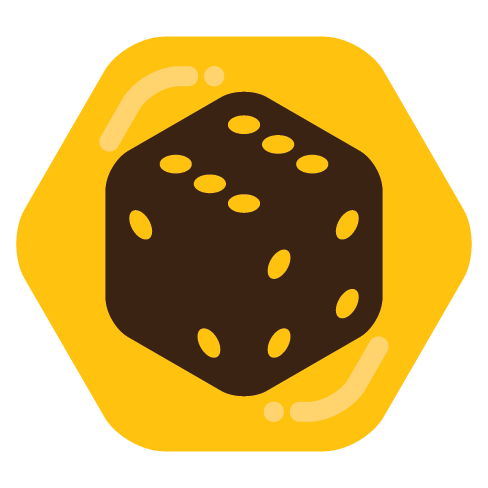In most countries it will be probably DnD. But in mine (Poland) for many years Warhammer Fantasy was THE RPG. Nowadays it is more equal. Other popular games are Call of Cthulhu and World of Darkness line. I see that recently Shadows of the Demon Lord gains popularity. There is also quite alive indie scene. We have some bigger, commercial Polish RPGs (like Monastyr, Neuroshima, Wolsung), but nowadays they are rather not played.

Germany has Das Schwarze Auge. The 5th edition is available in English as The Dark Eye. It started out in the 80s as a D&D clone but is now very different.
Rules: There are eight basic attributes (courage, strength, charisma, dexterity, intelligence, intuition, constitution and agility) that start around 10-13 for most characters. Attribute checks are a single D20 that (after possible modifiers) must be less or equal to the attribute value. On top of that, there are a few dozen talents from maths to metalworking to astronomy to stealth. Each talent check consists of three attribute checks (for example acrobatics is agility/agility/constitution) where your talent points specify by how much you may fail the individual checks. At first glance that feels a little too complicated but you get used to it and allows very diverse character builds. Spell checks work the same way as talent checks and use mana. The system is technically classless. Your characters start with a certain amount of experience that you can spend for attributes, talents, perks, spells and more. There are suggested professions in the rulebook but you can get to the exact same result by picking everything individually. Nobody keeps you from building a stealthy magical archer with a love for pottery. Overall the rules are a lot less combat focused than D&D.
Setting: The Dark Eye is set on the earthlike planet Dere with the continent Aventuria as the main setting. Aventuria is a bit of a kitchen sink setting with analogues to everything from vikings to a late medieval Holy Roman Empire, to nomadic desert tribes to pirates. Most human cultures believe in a pantheon of twelve main gods plus a whole lot of demigods. For each of the main gods there is an opposing archdemon. The other standard fantasy races exist as well, each with their own cultures and religions.
There are other spinoff settings like Myranor (deserts, beast races and magic based aristocracy), Uturia (jungle, exploration) and the fanmade Rhakshazar (land of giants, also a bit Conan the barbarian style)
Thanks! I know the Dark Eye… Tabletop system is not popular in Poland, but we had video game adaptations like Drakensang.

Honestly I couldn’t tell you. I know what I play and my friends play, but I wouldn’t even know how to find out what’s popular among strangers in my country.
On shelves at game stores D&D definitely takes up the most space. I think I’ve seen a decent amount of Pathfinder and VtM. So presumably those are selling well.

Swede. Can only really relay what’s on the shelves. And that is mostly DnD, Pathfinder, Call of Cthulhu and various stuff from Fria Ligan (free league). Fria Ligan has Drakar och Demoner (Dragonbane), vaesen, Mutant etc. Not surprising that last one as it is a Swedish publisher releasing plenty of Swedish material.
Thanks. Vaesen is translated and published in Poland, but haven’t played it yet.
